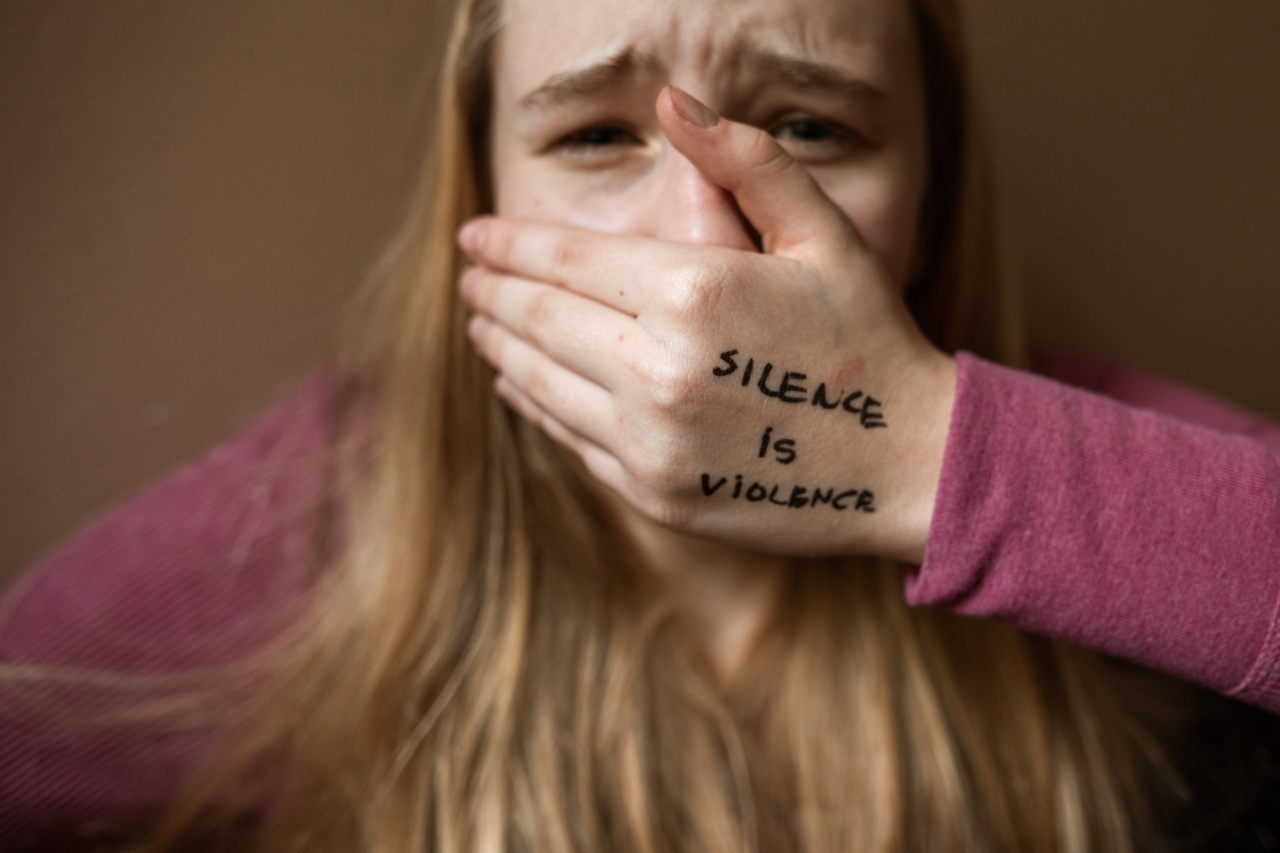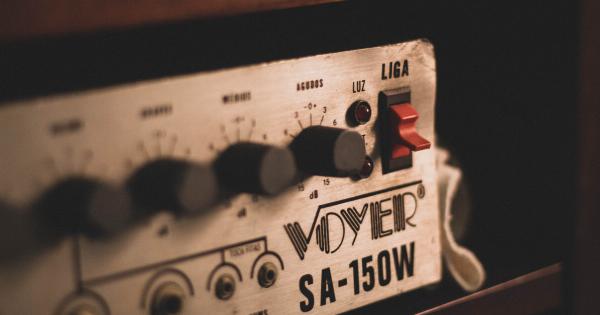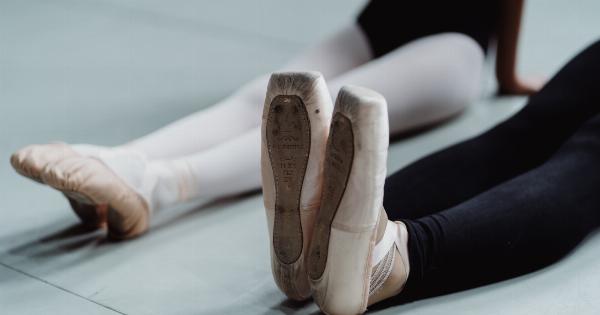Music is known to be a universal language through which people can express their emotions, thoughts, and feelings. From a young age, we all learn to appreciate music in one form or another.
Whether it be through singing along to nursery rhymes or dancing to our favorite pop songs, music has always played a significant role in our lives. However, music is not just a form of entertainment; it is also a powerful tool for mental strength and emotional healing.
How Does Music Affect Our Emotions?
Have you ever listened to a song that brought tears to your eyes or made you feel empowered? Most of us have, and that is the power of music. Music has the ability to evoke strong emotions, and it does so by affecting our brain chemistry.
When we listen to music we enjoy, our brain releases dopamine, a chemical that is associated with pleasure, reward, and motivation. This is why we feel happy and energized when we listen to upbeat music.
On the other hand, when we listen to sad music, our brain releases another chemical called prolactin, which is associated with crying and feelings of sadness.
This chemical also helps to relieve stress and reduce anxiety, which is why some people find listening to sad music therapeutic. In short, music affects our emotions by triggering the release of certain chemicals in our brain.
Music as a Tool for Mental Strength
Now that we know how music affects our emotions, let’s talk about how it can be used as a tool for mental strength. Music therapy is a form of treatment that uses music to improve a person’s mental, physical, and emotional wellbeing.
It is an evidence-based therapeutic intervention that has been shown to be effective in treating a variety of mental health conditions, including depression, anxiety, and PTSD.
One of the ways music therapy works is by helping people express their emotions in a safe and non-threatening environment. Music can be used to explore and process emotions that are difficult to express in words.
The therapist may use music to facilitate discussion and reflection, helping the individual gain insight into their thoughts and feelings.
Music therapy can also help individuals develop coping skills for stress and anxiety. Listening to relaxing music can help calm the mind and reduce stress levels. Playing or creating music can provide a sense of accomplishment and boost self-esteem.
Music therapy may also involve movement, such as dancing or drumming, which can improve physical coordination and promote relaxation.
Music as a Tool for Emotional Healing
Music not only has the power to improve our mental strength, but it can also be an effective tool for emotional healing. Many people use music to cope with difficult life events, such as a breakup, loss of a loved one, or trauma.
Listening to music that reflects our current emotional state can help us process our feelings and find comfort in knowing that we are not alone in our experiences.
Certain types of music, such as classical or instrumental music, have been shown to be particularly effective in reducing anxiety, depression, and physical pain.
This is because these types of music have a slower tempo and less complex melodies, which can help calm the mind and promote relaxation. Listening to music with lyrics that convey a positive message can also be helpful in promoting emotional healing and resilience.
Music can also be used to enhance positive emotions. Listening to uplifting music can improve our mood and increase feelings of joy and happiness.
Dancing or singing along to our favorite songs can be a fun and effective way to boost our energy and motivation.
Conclusion
Music is a powerful tool for mental strength and emotional healing. It has the ability to affect our emotions and improve our overall wellbeing.
Whether we are listening to music for enjoyment, coping with difficult emotions, or seeking treatment for a mental health condition, music therapy can provide a safe and effective way to achieve our goals. So next time you turn on your favorite song, remember that you’re not just listening to music; you’re also taking a step towards improving your mental and emotional health.




























